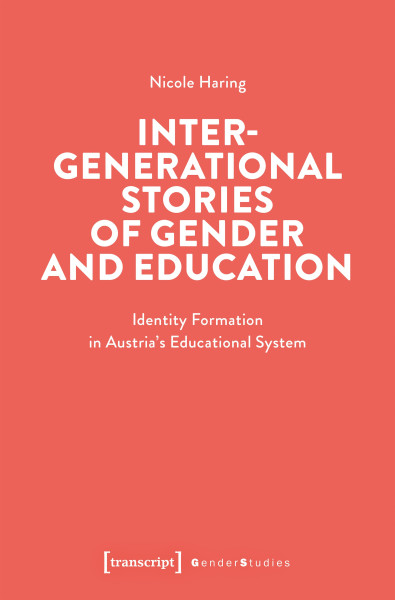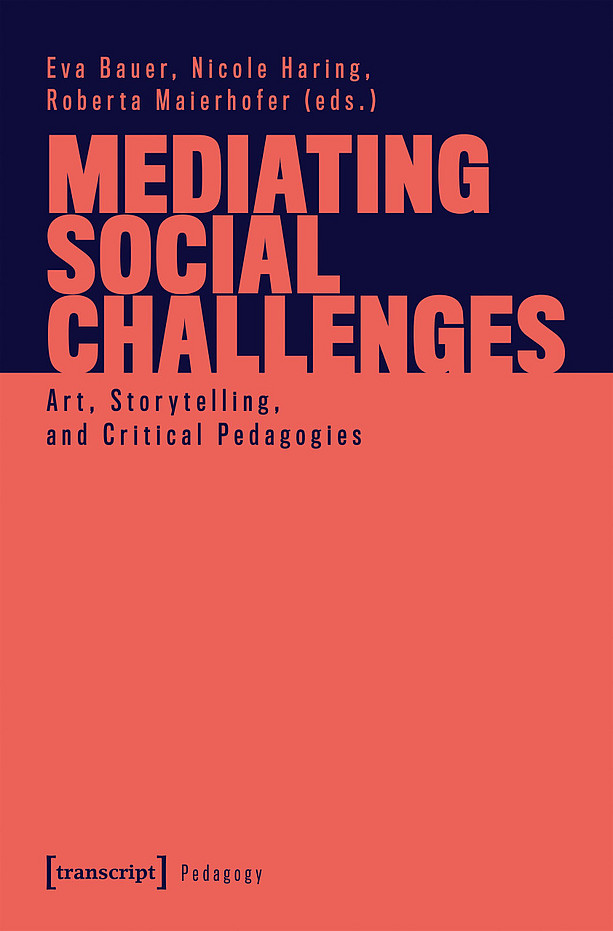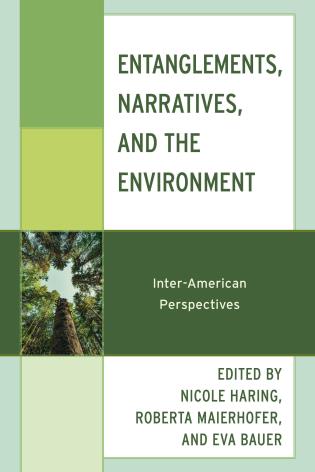The relation between education and gender identity formation is a contested terrain: Located between reproducing society’s status-quo and inhabiting the potential to resist this reproduction and making room for alternative being, education constitutes an ambivalent nexus. Nicole Haring investigates how gender norms with their intersections are negotiated in Austria’s educational system. She presents results from a participatory intergenerational storytelling workshop as co-creation of knowledge, amplifiying the similarities and differences between generations of educators with regard to the interplay of education and gender.
In the face of social inequalities, digital divides, hegemonic power relations, capitalist conflicts of interests, asymmetric gender relations and international border and migration regimes, educational and social actions are becoming more challenging. Mediating these social challenges demands new methods and approaches. Thus, the contributors to this volume use critical pedagogies to reflect on art, literature, storytelling, and digital methods as a means to mediating social challenges in teaching practices. The contributions challenge normative perceptions of identity while also promoting students' multiliteracy skills.
Entanglements, Narratives, and the Environment: Inter-American Perspectives provides an interdisciplinary ecocritical reading of narratives and environmental entanglements from an Inter-American perspective, predominantly providing literary, film, and cultural analysis of texts from the Americas. In light of Amitav Ghosh’s (2016) exploration of “a crisis of the imagination” in the face of climate change and environmental degradation, this book addresses the potential of literature, history, and politics in comprehending the profound dimensions and violence of these challenges. The chapters show, among others, that the Anthropocene demands fresh narratives and theoretical perspectives, particularly within the framework of Inter-American Studies, which can offer a new venue to discuss pressing issues and to provide intersectional and inter-regional considerations. Thus, drawing on Inter-American perspective with its hemispheric perspectives opens the possibilities for an ecocritical reading of the complexities and relationalities of the climate crisis in the humanities as well as the social sciences. As a result, the book includes historical and political analysis, as well as literary, cultural and film analysis of texts from the Americas. The chapters engage in deconstructing popular myths, de-centering Western approaches, and eventually show through these critical engagements how the climate crisis demands multi-dimensional readings.
Beginn des Seitenbereichs:
Zusatzinformationen:
Ende dieses Seitenbereichs. Zur Übersicht der Seitenbereiche
Ende dieses Seitenbereichs. Zur Übersicht der Seitenbereiche





